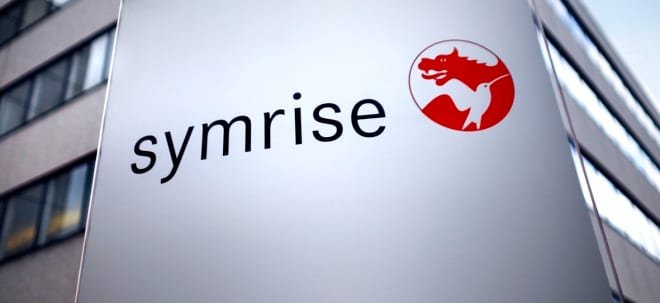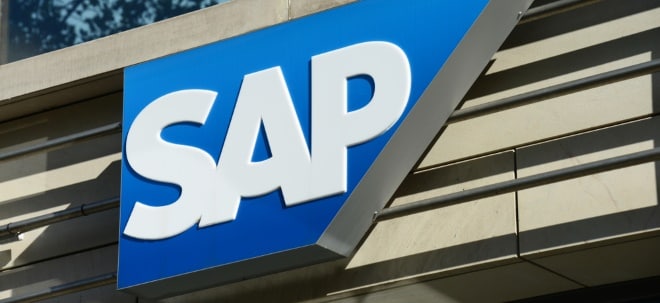Monday June 26, 9:33 am Eastern Time
Forbes.com
Rambus Feeling Its Oats
By Arik Hesseldahl
It used to be such a quiet company. But in recent months Rambus has gone from being the quiet force behind the design of computer memory technology to a booming voice that has shaken the semiconductor industry to its very foundations.
It's a curious turn of events for a company that doesn't make anything itself. Mountain View, Calif.-based Rambus (Nasdaq: RMBS - news) makes its money, $8.7 million in profits on revenue of $43.3 million last year, by selling ideas for the design of computer memory technology to chip manufacturers.
Its technology is the basis for a new memory interface technology known as Direct Rambus DRAM, which speeds the ability of a computer's main processor to talk to the memory. Most computers now use a type of memory known as synchronous DRAM, or SDRAM. But as speed of processors from companies like Intel (Nasdaq: INTC - news) has climbed ever upward, the speed at which those processors can talk to the main memory has not kept up. Intel says that its next generation processor, codenamed Willamette, will work exclusively with Rambus' RDRAM technology and nothing else.
But now in what is proving to be a controversial gambit, Rambus is claiming ownership of some of the fundamental patents to not only its RDRAM technology, but also to some patents related to conventional SDRAM and to a another next-generation memory technology known as Double Data Rate DRAM, which some companies are backing as an alternative to RDRAM.
Rambus claims it is entitled to royalty payments from companies making either type of computer memory, and if its claims are borne out--and there is a good chance they will be--it will essentially become the gatekeeper to the computer memory industry, earning a royalty on all the DRAM chips shipped Cahners. In-Stat Group, a Scottsdale, Ariz. based market research firm has estimated the overall DRAM market as being worth $26.7 billion this year.
While the exact terms of each royalty and licensing agreement between Rambus and the various memory manufacturers are confidential, some reports have suggested they could be as much as 1% to 2% for each RDRAM chip sold, and Rambus has said that the royalty for DDR chips would be higher than that. The news has also sent Rambus stock soaring, as investors see huge dollar signs at the prospect of the intellectual property firm owning a little piece of every PC memory chip shipped regardless of its type. Shares in Rambus opened Friday more than $22 higher than Thursday's close just of $97.13.
So far, two memory manufacturers have surrendered to Rambus' patent demands. Japan's Hitachi last Thursday settled a series of Rambus lawsuits in the U.S. and Germany by agreeing to pay a quarterly royalty for all three types of memory. Hitachi did not admit to having infringed any Rambus patents. The settlement followed a similar deal with Toshiba, another Japanese company.
The two deals may have set a precedent that could ultimately force other memory manufacturers to start coughing up royalty payments to Rambus no matter what kind of PC memory they make.
The list of companies that could end up paying huge royalties to Rambus include Micron Technology (NYSE: MU - news), Infineon Technologies (NYSE: IFX - news), Samsung and NEC (Nasdaq: NIPNY - news), among others. No one is quite sure how the rest of the industry will respond to the new royalties, and Rambus has indicated that it may be in talks with other memory manufacturers to cut similar deals.
``The choices facing the rest of the industry are to do what Toshiba has done or to sit and wait until Rambus does to them what it has done to Hitachi,'' and get sued, says Steve Cullen, a Boston-based DRAM industry analyst with market research firm Cahners In-Stat Group.
Until recently Rambus has relied on no less than the world's biggest semiconductor company, Intel, to bend the memory industry to their collective will. A few years back, when Intel said it needed new, faster memory technology, Rambus was really the only game in town. Intel, with its dominance in PC processors, has more or less laid down the law to the entire industry that its next generations of processors--starting with the forthcoming Willamette processor, due this fall--would work only with Rambus DRAM.
While some memory makers, notably Korea's Samsung, fell right into lockstep with the Intel-Rambus party line, other memory makers have accepted Rambus, but not without a lot of complaints about having to pay royalties. Many have also pursued DDR, much to the chagrin of Rambus.
``The memory companies don't like the royalty model and don't want to be paying anyone for products they develop by themselves,'' says Dean McCarron, an analyst with Mercury Research, a Scottsdale, Ariz.-based semiconductor market research firm. ``While with Rambus memory they got some help, each one still views the products they develop as unique. These companies signed on with Rambus because of Intel's influence.''
And building memory chips using Rambus technology is expensive. The RDRAM chips themselves are larger, and therefore costlier, than the conventional SDRAM memory typically found in today's PCs, and manufacturing yields (the number of functioning chips versus defective chips) for RDRAM chips tend to be lower than for SDRAM, making the entire prospect of manufacturing Rambus memory an overall painful prospect.
But Rambus is beginning to see a serious challenge from the DDR camp. Like RDRAM, DDR technology lets a processor talk to a PC's memory faster than before but is easier and more cost efficient to manufacture. Micron and Infineon are two of DDR's biggest boosters, but they are also licensed by Rambus to make RDRAM. Intel's main rival in the PC processor business, Advanced Micro Devices (NYSE: AMD - news) is also strong in the DDR camp. Its Athlon processor will support both SDRAM and DDR, but not Rambus DRAM.
``DDR is gaining a lot of momentum,'' says Mario Morales, a semiconductor analyst with International Data Corp. in Mountain View, Calif. ``The market is beginning to shift away from Rambus because of DDR. There is no question that Rambus is feeling threatened. Their success is now questionable.''
Yet while Rambus-based PCs are available now, PC manufacturers are for the most part still working on bringing DDR to their systems. That has Rambus nervous and explains why it is pressing so hard to exact tribute from makers of all three types of memory.
``While we don't see DDR as an effective competitor to RDRAM, the intent is clear, and so we determined that the royalty on DDR should be higher than for RDRAM,'' says Rambus vice president Avo Kanadjian.
But struggles between DDR and RDRAM aside, Rambus stands to win no matter what. Should RDRAM ultimately turn out to be a technological turkey, Rambus is banking its future on collecting royalties on all types of computer memory no matter what the flavor. Rambus may end up with their hands in all of them.
``Hitachi and Toshiba are both very competent companies,'' says In-Stat's Steven Cullen. ``If those two have settled, there's a good chance that most others will decide not to fight Rambus on these patents either.''
Al grüßt |


 Thread abonnieren
Thread abonnieren


